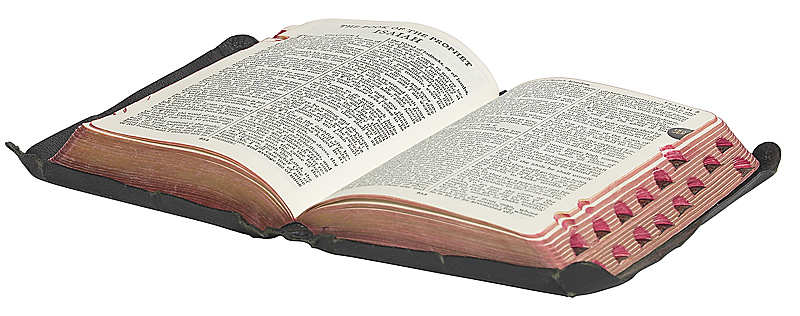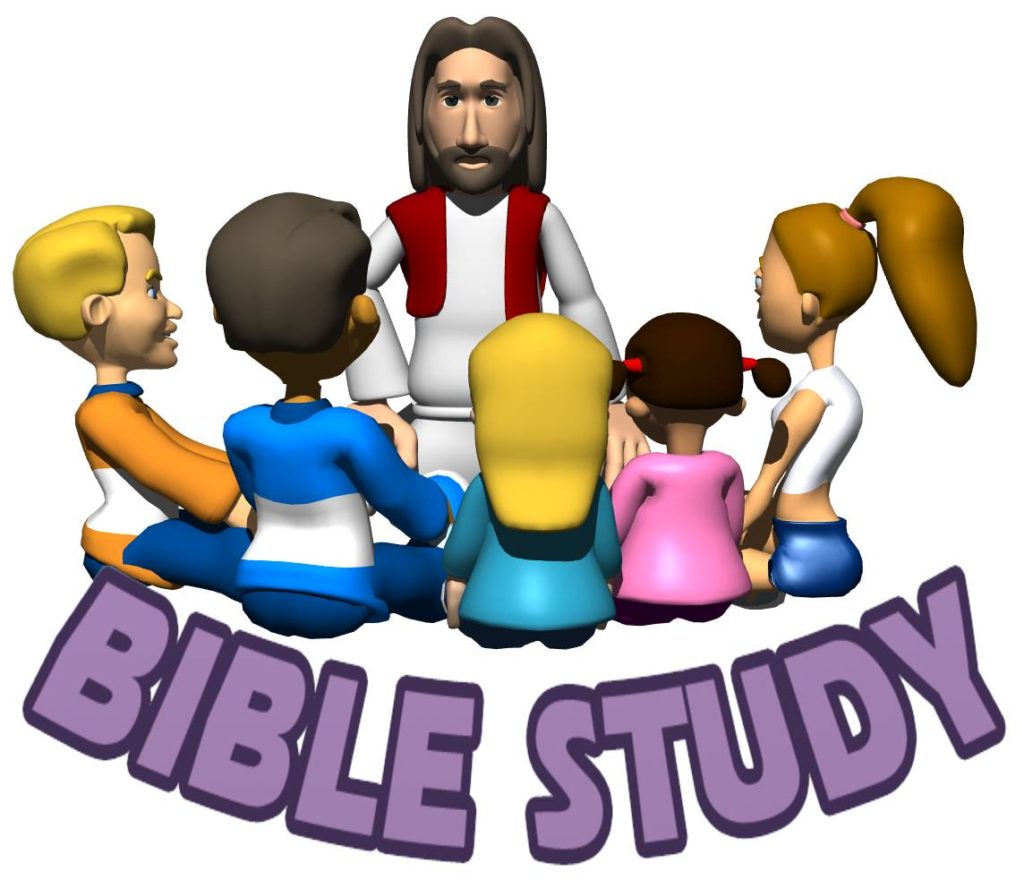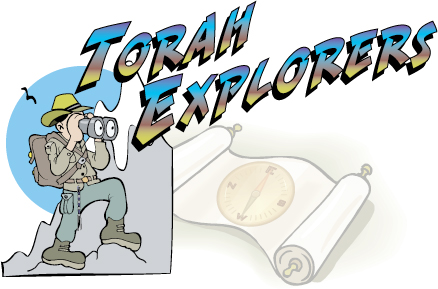
(Author’s note: This is the updated and rewritten version of an article that I wrote in the early 2000s. The information contained therein is based largely on the booklet entitled, Hermeneutics: How to Understand the Scriptures by James Scott Trimm [http://www.nazarene.net or http://www.lulu.com/shop/james-trimm/nazarene-jewish-manifesto/paperback/product-403845.html], although I have added many of my own fresh insights and some new information to the original material.)
In this article, we will cover the concept of peshat, remez, drash and sod or the plain or literal, the hint or suggested, the allegorical, and the hidden or mystical meaning of Scripture.
Five Basic Principles For Understanding the Scriptures
The Literal Principle
This is very similar to a rule of Jewish hermeneutics which states that “no passage loses its simple, plain or literal (in Heb. pashat) meaning.” This principle involves understanding a passage first in its plain, literal sense, according to the normal meaning of the words and phrases used unless there is evidence (within the text itself) to interpret it in an allegorical, symbolic or non-literal (in Heb. drash) sense.
The Cultural or Historical Principle
It is important to understand a biblical passage in its cultural-historical context or in the light of the culture and history of the person who wrote it. The Bible was written by Hebraic people living in the Middle East with an agricultural background and who thought differently and spoke a language with idioms and phrases completely different than ours. To view the Bible through a Greco-Roman, western cultural and linguistic lens, for example, as opposed to understanding it through the Hebraic and eastern culture in which it was written is to miss much of its richness and truth.
The Grammatical Principle
This principle involves understanding the text in accordance with its proper grammar. Just what do the nouns and prepositions refer to? What are the idioms of the original language? What are other peculiarities of the original language in which the text was written?
Anyone who has studied foreign languages, especially non-European ones that are different from English, will immediately understand the significance of this point. Each language is unique to itself, and to properly understand that language, one must have a basic understand of it.
The Bible, for example, was written in three ancient languages. It is, quite frankly, the epitome of ignorance and arrogance to the think that a simple knowledge of English will yield the full richness of these ancient languages to the cursory reader. Sometimes there are no English words or phrases even to convey the intended meaning of some biblical words and phrases. There are, however, a plethora of excellent resources written in English that will aid the serious Bible student in understanding the richness of biblical idioms, Hebraic linguistic and literary genres and devices. A literal treasure trove of revelation awaits the spiritually hungry Bible student!
The Synthesis Principle
This principle tells us that if we understand two biblical passages in a way that they contradict each other, then we are misunderstanding one or both of them. Usually as we dig deeper into Scripture and gain more understanding on a subject, then the confusion will clear up and the ostensible contradictions between scriptures will resolve themselves.
The Rule of First Principle
This rule of biblical interpretation states that the first time a word, phrase or concept appears in Scripture establishes a precedence as to the meaning of that word, phrase or concept in all future usages in Scripture. Moreover, this rule in biblical hermeneutics states that the first place the Scriptures mention a word, subject or idea, then this is to be viewed as a foundational truth upon which all subsequent Bible passages are based. A future principle or truth cannot nullify or abrogate a previous one. If it does, then the fault is with the interpreter and not with Scripture.
Ironically while claiming to adhere to the law of first mention, many Bible teacher in the mainstream church have blatantly and perpetually violated this law by asserting that the truths revealed in the New Testament take precedence over and abrogate those of the Old Testament, especially when it comes to the YHVH’s Torah-law or the law of Moses. Over the millennia, the church has devised many circuitous and circumambulatory philosophical theologies to get around many simple truths. We see this in Christian theologians attempts to explain away the Torah-law, the Sabbath, the biblical feasts and dietary laws, a Hebraic-centric understanding of Scripture and the accompanying lifestyle that goes with it.
Because the church has replaced so many biblical truths with the unbiblical traditions of men, more and more people are realizing that the church has, in many cases, lied to them and as such are returning to the biblical or Hebraic roots of the Christian faith. They are returning to their spiritual foundations, the bedrock or the first principles of their faith.
Of interesting note is the fact that when the apostolic writers penned what became known as “the New Testament,” there was no “New Testament” yet. All Christians of the first century had was “the Old Testament.” When in their writings the apostles referred to Scripture, they were speaking of the Tanakh or Old Testament (e.g. 2 Tim 3:16–17; Acts 17:11). So everything we read in the Testimony of Yeshua (or New Testament) must be understood in the light of the Tanakh (or Old Testament) and can never contradict it. This is how the early first century church would have approached biblical truth, and we would serve ourselves well to follow the example of those who sat at Yeshua’s feet.
The Practical Principle
Continue reading






